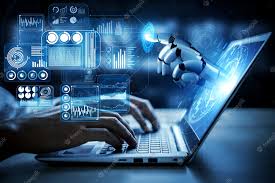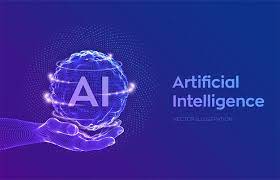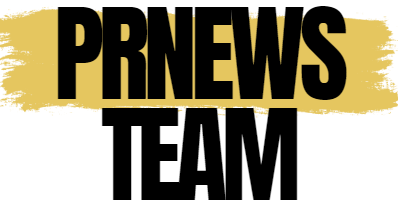Dean Meadowcroft used to be a copywriter, crafting press releases and social media content for his company. But everything changed when an Artificial Intelligence (AI) system was introduced to his firm.
Initially, the AI was intended to work alongside human copywriters, streamlining the process and increasing efficiency. However, Mr. Meadowcroft was less than impressed with the AI’s work.
“It just made everybody sound mediocre, indecisive, and indistinguishable, so nobody really stood out,” he recalls. Human staff still had to verify the content to ensure it wasn’t plagiarized. Nevertheless, the AI was incredibly fast. What would take a human copywriter up to 90 minutes to complete, and the AI could do in under 10 minutes.

Approximately four months later, Mr. Meadowcroft and his team of four were laid off. Although he can’t be certain, he strongly suspects that AI replaced them. “I used to laugh off the idea of AI replacing writers or impacting my job until it actually happened,” he reflects.
Late last year, OpenAI launched ChatGPT, an AI system backed by Microsoft capable of providing human-like responses and generating various forms of content, from essays to speeches. Other tech giants like Google are racing to release their own AI systems, with Google launching Bard in March.
While these systems are not perfect, they have access to an overwhelming amount of internet data that would be impossible for any human team to process.
This development has left many wondering which jobs might be at risk. A Goldman Sachs report earlier this year suggested that AI could potentially replace the equivalent of 300 million full-time jobs. However, the impact would not be evenly distributed across the economy.

According to the report, administrative and legal professions face the highest risk, with 46% and 44% of tasks potentially automatable, respectively. In contrast, construction and maintenance jobs face a significantly lower risk, with only 6% and 4% of tasks at potential risk, respectively.
The report also highlights that the introduction of AI could enhance productivity, stimulate growth, and create new job opportunities. IKEA, for instance, recently announced that it had retrained 8,500 call center staff as design advisers, thanks to the use of an AI named Billie, which now handles 47% of customer calls.
While IKEA doesn’t anticipate any job losses due to AI implementation, such developments have raised concerns among many.
According to a survey conducted by Boston Consulting Group (BCG), which polled 12,000 workers worldwide, a third of respondents expressed worries about being replaced by AI at work, with frontline staff exhibiting more concern than managers. Jessica Apotheker from BCG suggests that this anxiety stems partly from fear of the unknown.
The apprehension appears justified, as demonstrated by Alejandro Graue’s experience. Mr. Graue had been working as a voiceover artist for a popular YouTube channel for three months. He had assumed it was a promising career path until he returned from vacation to find a new video in Spanish uploaded by the channel, but it featured an AI-generated voice instead of his own.
The experiment with AI turned out to be a failure due to viewer complaints about the voiceover quality, leading to the removal of videos featuring the AI-generated voice. However, Mr. Graue remains concerned about the future of voiceover artists like himself, as he believes the technology will improve and potentially render their services obsolete.
With AI impacting various industries, it’s becoming increasingly likely that individuals will have to adapt to working alongside AI systems in some capacity.

Dean Meadowcroft, for example, has transitioned into a role as an employee assistance provider, where he works with AI to provide well-being and mental health advice to staff. He believes that the future lies in AI augmenting human-led content rather than completely eliminating the human element.
As AI continues to advance and transform the workforce, questions about job security and the need for new skill sets abound. The prospect of AI revolutionizing entire industries can be both exciting and unsettling.
Will the symbiotic relationship between humans and AI lead to greater productivity and innovation, or will it result in widespread job displacement? The future holds the answers, but for now, individuals like Dean Meadowcroft are navigating these uncertain waters, seeking ways to integrate AI into their professional lives without being overshadowed by it.

